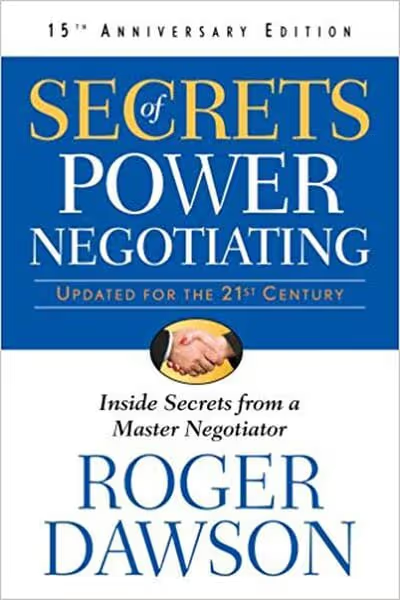
“Written by Himself” is the line leading the title to his work, The Interesting Narrative of the Life of Olaudah Equiano; that right there must have been something to be proud of, especially for a former slave. Oloudah Equiano, much like all the other African men in the Caribbean, was taken from his homeland near modern-day Nigeria and forced into slavery in Barbados and other Caribbean islands. However, the title is not merely “Written by Himself”; it is an “Interesting Narrative” and Equiano intended to impress his readers. As a slave who bought his freedom, Equiano seemed bent toward achieving success. His work is littered with slices of poetry and 25-cent words that most college students today would not bother learning. He was a man of tact, eloquence, and diligent planning. By writing this memoir, he broke the ever-rising notion that people of darker skin had less of an intellect than lighter skin people had. Although this untrue belief was not too popular in his day (c. 1745-1797), this memoir survived generations following him which countered racist arguments, even the ones that happen so often today. Equiano was truly a voice in the darkness, even the darkness yet to come in the Western world.
...and I had a great curiosity to talk to the books, as I thought they did; and so to learn how all things had a beginning: for that purpose I have often taken up a book, and have talked to it, and then put my ears to it, when alone, in hopes it would answer me; and I have been very much concerned when I found it remained silent.
The Interesting Narrative of the Life of Olaudah Equiano, Or Gustavus Vassa, The African, Written By Himself, this is a fascinating account of Equiano's time spent in enslavement, and his attempts at becoming an independent man through his study of the Bible, and his success in gaining his own freedom and in business thereafter. A real masterpiece and a book of historical importance.
Equiano carefully saved his earnings to buy his freedom in the year 1766 and took the time to learn not only to write eloquently, but to learn other activities such as trading and even learning the French horn (Equiano, 163). He never seemed to stop learning, perhaps because he knew it was the way to live a full and happy life. Although he lived a harsh life – he was kidnapped sold to many masters, separated from his only sibling, and given names he did not want – he seemed to find joy in sharing his experiences, which many in his day, and even in our own day, might find uncomfortable to read and talk about. However, the extensiveness of his writing, the topics he covered (mistreatment by slavers, his odd experience with Quakers, and his travels to and from Georgia to England) created a real life, a tragedy turned, tumultuously, into an abounding and full life. He met people of all kinds of backgrounds, yet they were still human to him. The power of the words he painted people with extended to even the highest political entities of Great Britain: his work influenced the abolition of slavery there. Needless to say, the words of anyone who has gone through the same or similar tragedies as Equiano can help improve the lives of others. Sadly, speakers sometimes do not get to see the improvement, but in this world, any improvement can be revolutionary.



%20(3).webp)







.webp)








































